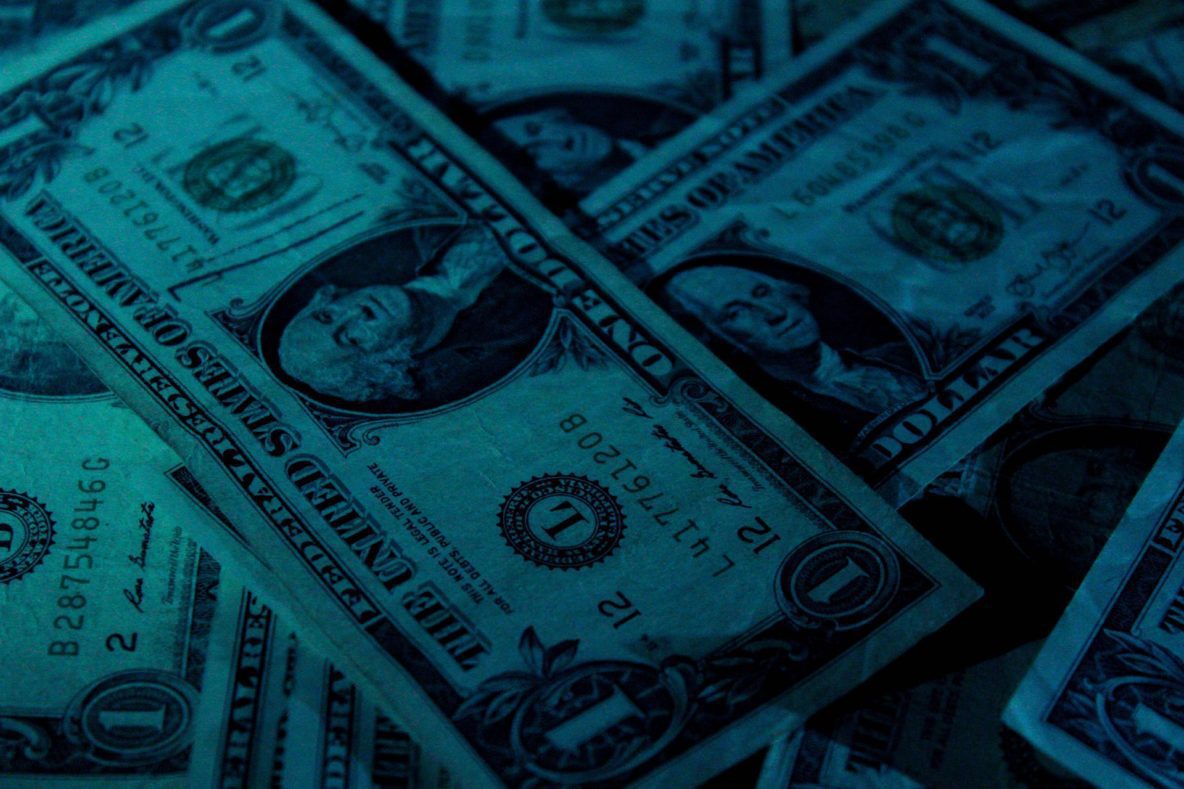Purchasing a home in Albuquerque comes with many expenses, including closing costs. Often, these costs come as a surprise to inexperienced homebuyers and drastically affect their budgets. In spite of the seemingly additional costs, with a little planning, you can prepare for the added expenses. Planning ahead when searching for a new home can make the process easier.
How can you prepare for closing costs when buying a home in Albuquerque?
How to Budget for Closing Costs
When it comes to saving for their closing costs, homebuyers need to start planning well in advance. Before looking for a house, you should start saving money. If an unexpected expense arises, you will have your funds ready so you won't be forced to borrow from family or take out loans to cover it.
Generally, you should expect to pay 3-4 percent of the purchase price for closing costs when calculating your home buying budget. As an example, if you spent $200,000 on your home, you can expect closing costs to be between $6,000 and $8,000. Using this figure as a starting point can give you a good idea, but keep in mind that it can vary greatly, depending on the area you live in and the amount of the mortgage.
What's Included in Closing Costs?
The three main areas where closing costs are incurred are mortgage origination fees, which comprise points and lender's fees; government recording fees; and charges from third parties, including adjustments for utilities, flood certifications, home warranties, and points for loan discounts. Several closing costs are negotiable, including lender's charges and government recording fees. Buying a house requires some specific closing costs, which you can find out from your mortgage lender.
There are a variety of closing costs that include the down payment, the settlement agent fee, escrow or title searches, and any other charges that are typically related to a home purchase.
The majority of closing costs arise from paperwork required to process your mortgage application and handle the loan closing paperwork. In addition, you will be charged various service fees from your lender and unpaid agents.
Factors That Affect Closing Costs
You will have to pay closing costs based on a variety of factors. As an example, your down payment is an important factor, but it isn't the only one. You need to take into account these additional factors as well:
The size of your loan:
The loan origination fees as well as points will likely be higher if you are taking out a large loan. If you're planning on taking out a large mortgage, you should be prepared to pay an extra 2 to 4 percent for these fees.
Where you buy:
Closing costs are likely to be higher if you are buying in a high-cost area. Transfer fees and taxes tend to be higher in areas with high property values. When considering a new area, you should research it so you can make the right decisions.
The type of home:
Closing costs also depend on the type of property you purchase. In the instance of a newly built house, the lender will put aside money to pay taxes owed once the property has been assessed. In the case of an existing home purchase, you will likely have to pay these fees and taxes upfront.
Buying a home has its share of closing costs, but they can be less daunting if you plan ahead and budget. It is best to start preparing for these costs before you get too involved in the process of buying a home, and once you know how many costs to expect you can seek professional advice.
